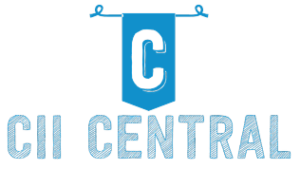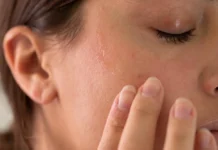How to properly feed your baby? Is vaccination dangerous to his/her health? Can you cure your child’s every illness using traditional remedies? These and other important questions often worry young parents.
Many of them, guided by their own ideas about what is good and what is bad for their baby, make some serious mistakes. Here are five important tips for moms and dads of young children.
Provide your child with a balanced diet

The World Health Organization (WHO) and the United Nations International Children’s Emergency Fund (UNICEF) recommend breastfeeding until the age of two and beyond. Unless, of course, this is not medically possible.
Breast milk contains all the nutrients necessary for healthy growth. It also contains antibodies that protect babies against common childhood illnesses. No formula, even of very good quality, can fully replace breast milk.
However, it’s important to understand that from the age of six months, breastmilk cannot fully provide a baby with all the necessary nutrients. This is when you should consider how to transition from breastmilk to formula and introduce complementary foods into your child’s diet. You can continue to breastfeed your baby once or twice a day. By the age of two or three, their diet should almost be the same as an adult’s.
Be sure to vaccinate on time
Vaccination is important to protect your child from dangerous infectious diseases. They help form the immune system so that your child has a proper defense against infections for many years.
Unfortunately, young parents often follow the trend of refusing to vaccinate. Some believe that vaccination causes complications, and infectious disease, if it suddenly appears, can always be treated. But this is not true. Modern vaccines are safe for children. Refusal to vaccinate endangers not only your baby’s health but also life.
Avoid self-medication

As noted by pediatricians, parents should take it as a rule: if your child falls ill, you should immediately consult a doctor. Moms and dads often underestimate the condition of their children and start self-medicating.
However, often poorly chosen drugs and so-called traditional methods don’t help and sometimes lead to severe complications.
Don’t create a sterile environment at home
Trying to protect your child in any way from all bacteria, germs, and viruses is another extreme parents often resort to by putting their babies in a sterile environment. They don’t open the windows, do daily cleaning with all kinds of detergents and disinfectants, don’t allow their babies to crawl around, etc. In these conditions, children can’t develop immunity because their bodies simply don’t know how to withstand external threats.
As a result, a child growing up in a sterile environment is more vulnerable to disease. A newborn needs 2.5 times more oxygen than an adult. This is why it’s necessary to air your home frequently, four or five times a day for 10-15 minutes.
Don’t replace shared leisure time with gadgets

Young children require attention and time. And sometimes parents just give them a phone or tablet to be left alone. However, hours of games and watching cartoons have a negative impact on their health. Babies under three years old shouldn’t be given phones or tablets.
Making sure that your baby stays in good health now and for years to come isn’t that hard. Just watch their diet and don’t forget to consult a pediatrician if there’s the smallest reason for concern.




